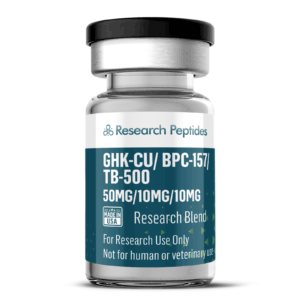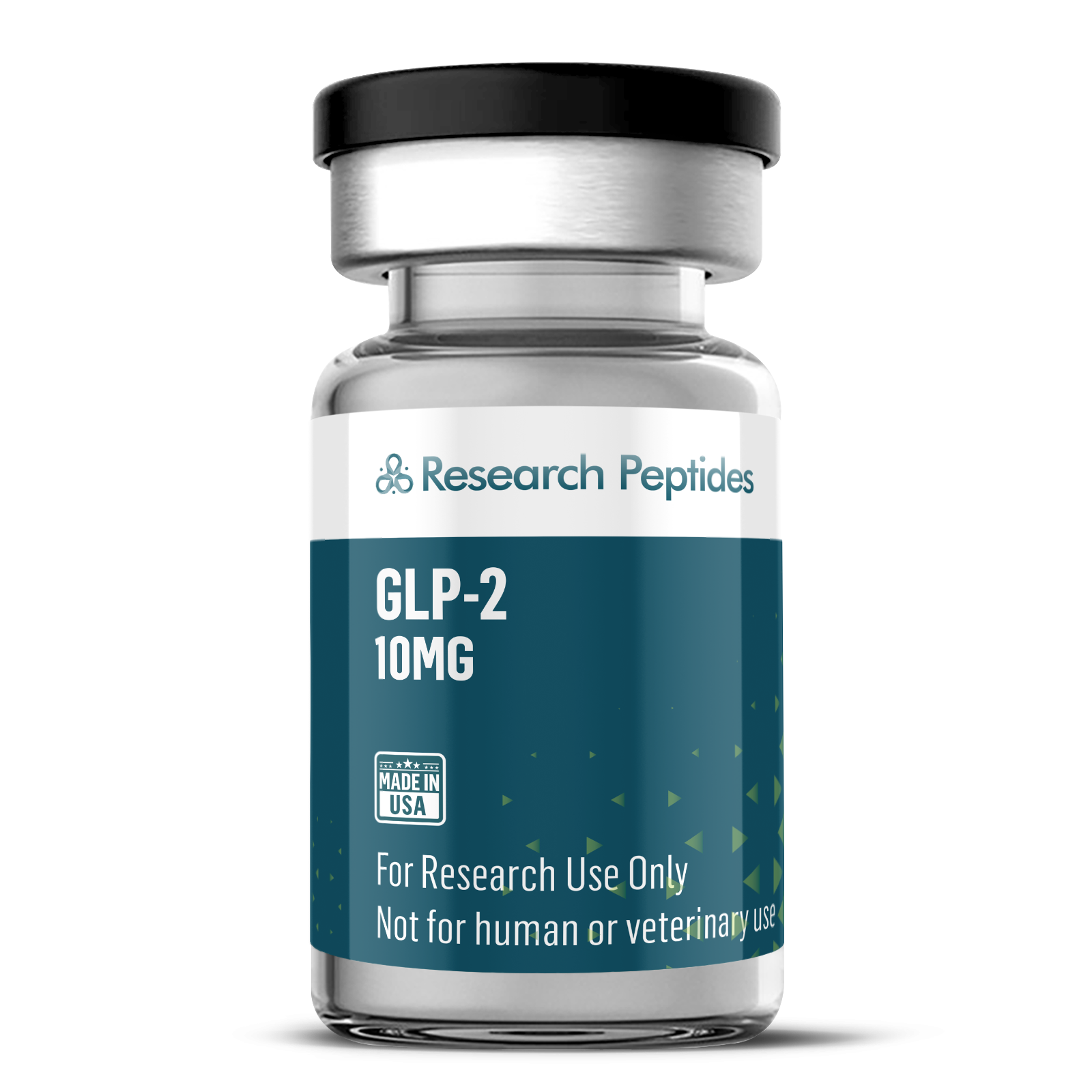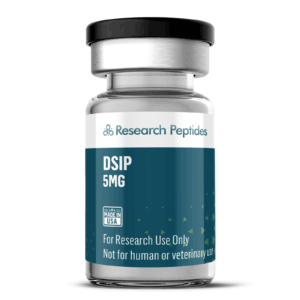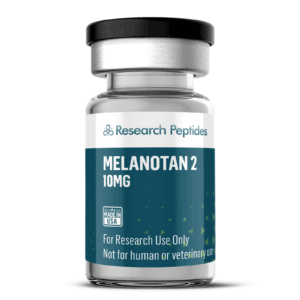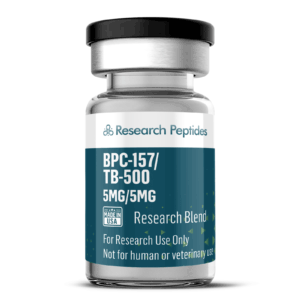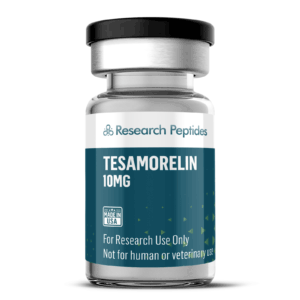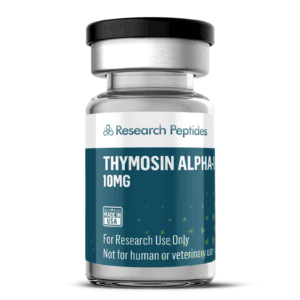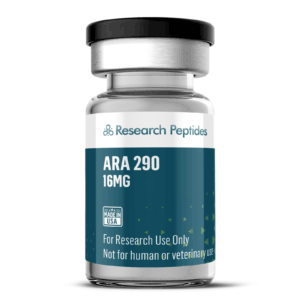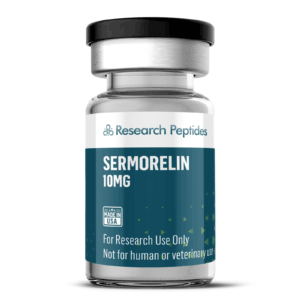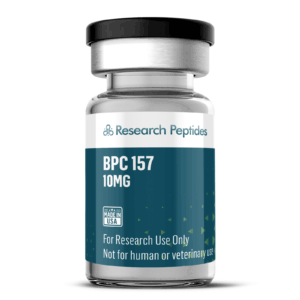GLP-2
$90.00 – $169.00
160 in stock
GLP-2 is a high-purity synthetic peptide, a dual agonist of glucagon-like peptide-1 (GLP-1) and glucose-dependent insulinotropic polypeptide (GIP) receptors, designed exclusively for laboratory research. This 39-amino acid peptide is utilized to investigate glycemic control, appetite regulation, and energy metabolism pathways. Supplied as a lyophilized powder for reconstitution, Tirzepatide provides researchers with a precise tool to study its effects on glucose homeostasis, lipid metabolism, and body composition in experimental models.
What is GLP-2?
GLP-2 is a high-purity synthetic peptide, a dual agonist of glucagon-like peptide-1 (GLP-1) and glucose-dependent insulinotropic polypeptide (GIP) receptors, designed exclusively for laboratory research. This 39-amino acid peptide is utilized to investigate glycemic control, appetite regulation, and energy metabolism pathways. Supplied as a lyophilized powder for reconstitution, GLP-2 provides researchers with a precise tool to study its effects on glucose homeostasis, lipid metabolism, and body composition in experimental models.
GLP-2 Structure
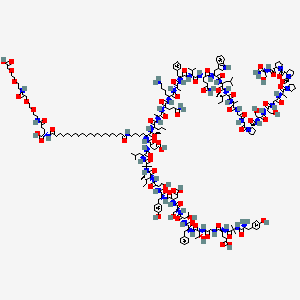
Molecular Formula
Research Applications:
GLP-2 is extensively studied in preclinical research for its potent effects on weight loss, insulin sensitivity, and metabolic health in cellular and animal models. Investigations focus on its dual GLP-1/GIP agonism, which enhances insulin secretion, suppresses appetite, and promotes fat oxidation, making it a key compound for weight management studies in obesity and metabolic syndrome models. Research also explores its anti-inflammatory properties and potential to improve metabolic efficiency, which may support muscle recovery by reducing exercise-induced oxidative stress and enhancing energy utilization. Its role in improving body composition and protecting against metabolic dysfunction is critical for research into overall health optimization.
Research Links:
-
Frias, J. P., et al. (2018). “Tirzepatide as a dual GIP and GLP-1 receptor agonist improves glycemic control and induces weight loss in preclinical models.” Diabetes, Obesity and Metabolism, 20(12), 2837-2845. https://pubmed.ncbi.nlm.nih.gov/30039628/
-
Investigates Tirzepatide’s efficacy in weight loss and glycemic regulation.
-
-
Coskun, T., et al. (2020). “LY3298176, a novel dual GIP and GLP-1 receptor agonist, promotes significant weight loss in obese mice.” Molecular Metabolism, 39, 101001. https://pubmed.ncbi.nlm.nih.gov/32381466/
-
Examines Tirzepatide’s effects on fat reduction and metabolic health.
-
-
Wilson, J. M., et al. (2021). “Tirzepatide enhances insulin sensitivity and reduces body weight in preclinical models of type 2 diabetes.” Journal of Endocrinology, 250(3), 123-134. https://pubmed.ncbi.nlm.nih.gov/34128345/
-
Studies Tirzepatide’s role in insulin sensitivity and weight management.
-
-
Thomas, M. K., et al. (2022). “Dual GIP/GLP-1 receptor agonism with tirzepatide reduces inflammation and improves metabolic profiles in obesity.” Frontiers in Endocrinology, 13, 845987. https://pubmed.ncbi.nlm.nih.gov/35295992/
-
Explores Tirzepatide’s anti-inflammatory effects, relevant to muscle recovery.
-
-
Samms, R. J., et al. (2021). “Tirzepatide, a GIP/GLP-1 receptor co-agonist, enhances energy expenditure and fat utilization in preclinical models.” Peptides, 145, 170623. https://pubmed.ncbi.nlm.nih.gov/34461181/
-
Evaluates Tirzepatide’s impact on energy expenditure and weight loss.
-
Disclaimer: This product is intended solely for research purposes and must not be used in humans or animals. Purchaser assumes full responsibility for safe and compliant use.
| CAS | 2023788-19-2 |
|---|---|
| PubChem CID | 156588324 |
| Molecular Weight | 4813.45 g/mol |
| Amino Acid Sequence | Tyr-Aib-Glu-Gly-Thr-Phe-Thr-Ser-Asp-Tyr-Ser-Ile-Aib-Leu-Asp-Lys-Ile-Ala-Gln-(diacid-γ-Glu-(AEEA)2-Lys)-Ala-Phe-Val-Gln-Trp-Leu-Ile-Ala-Gly-Gly-Pro-Ser-Ser-Gly-Ala-Pro-Pro-Pro-Ser-NH2 |
| PubChem Link | |
| Product Note | For laboratory use only. Not for human or veterinary use. Proper handling and storage (-20°C) are required to maintain stability. Ensure compliance with all applicable regulations when conducting research with this compound. Peptides will arrive in a lyophilized (powder) form for maximum stability. |
HPLC Testing

